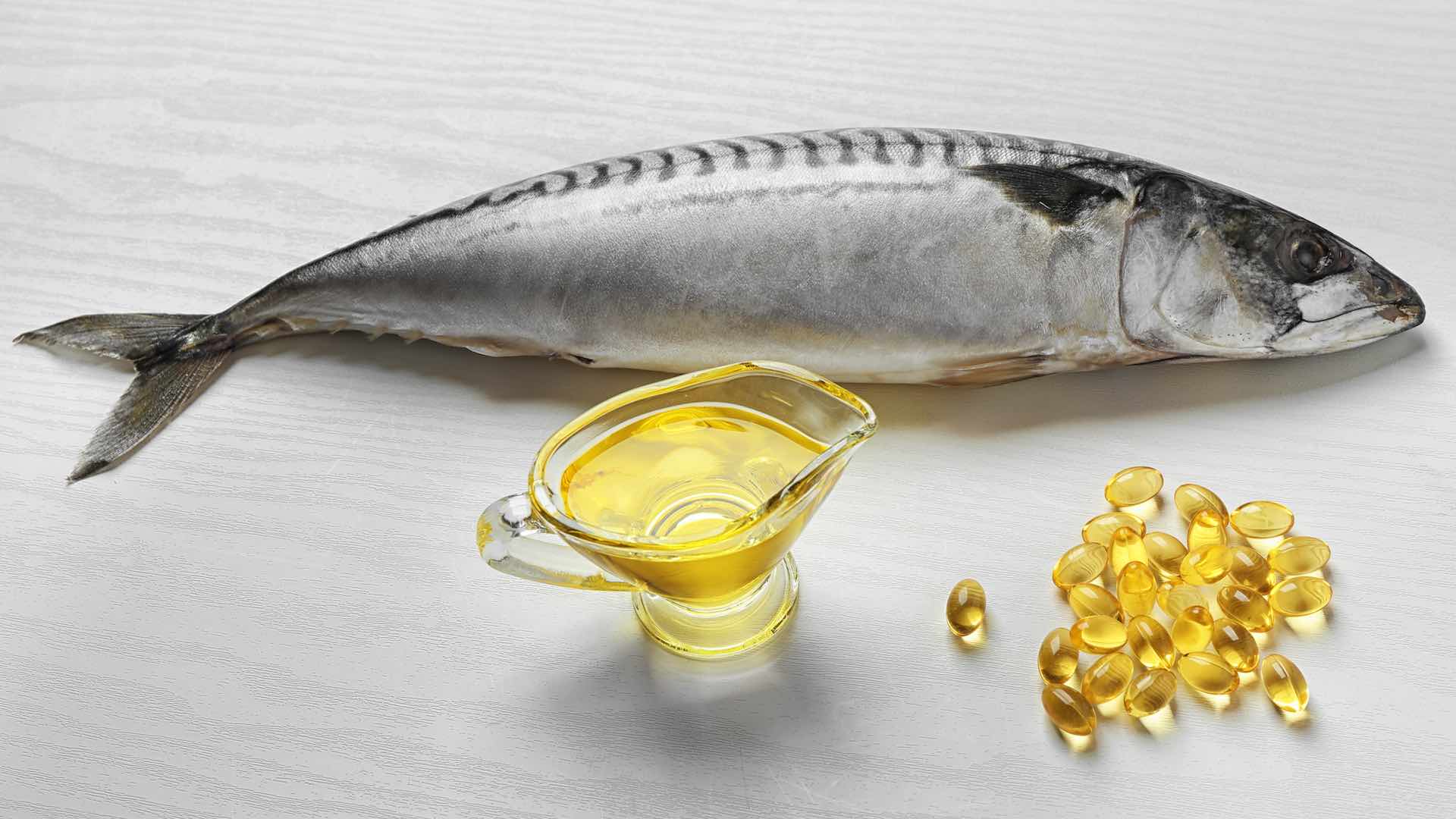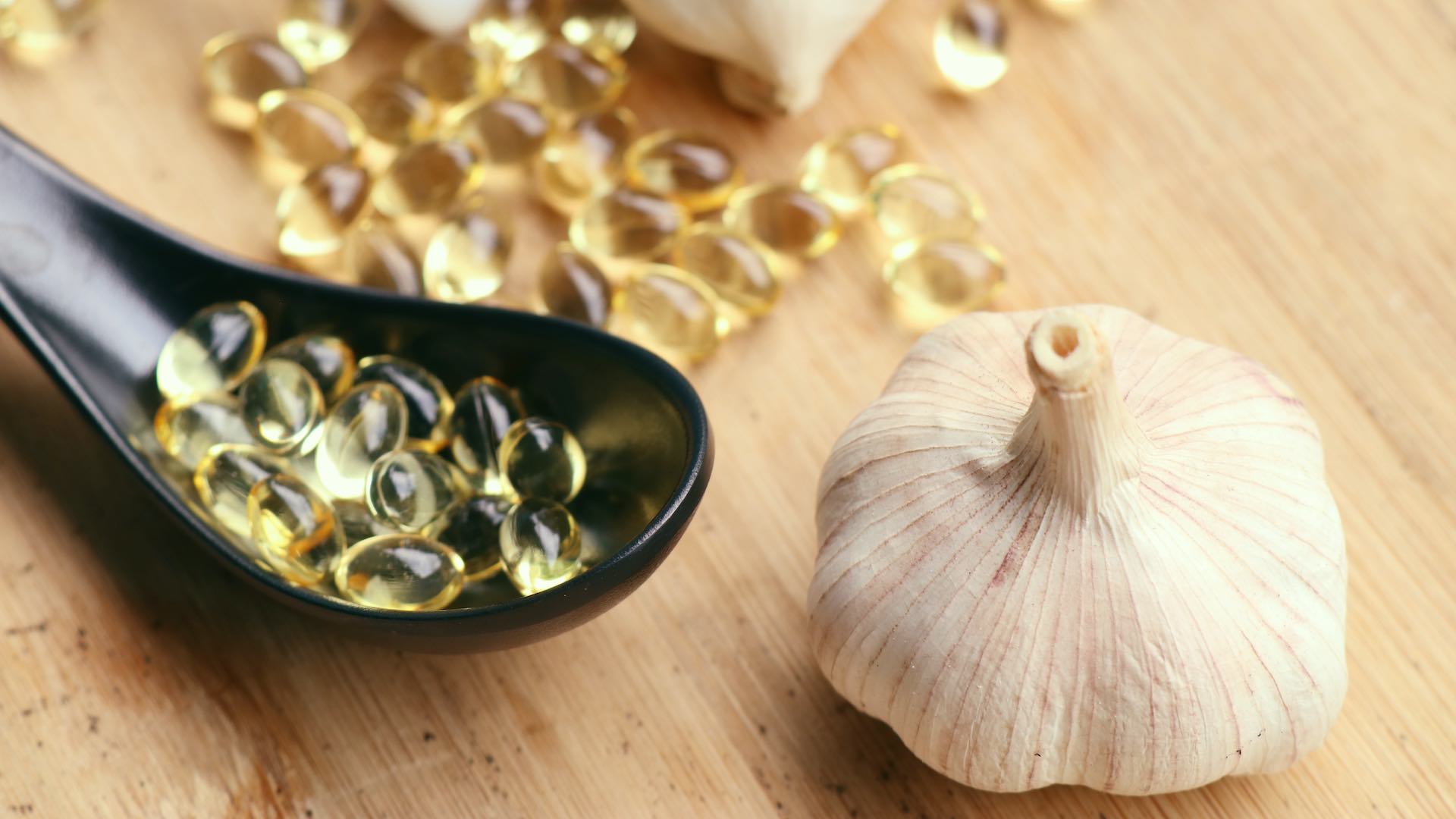Combating cholesterol with a holistic approach using supplements
Cholesterol, a waxy, fat-like substance in the blood, is an essential component in the human body, crucial for building cells and producing certain hormones. However, when cholesterol levels rise beyond a healthy threshold, it becomes a silent adversary, contributing to an increased risk of heart attacks, strokes, and other life-threatening conditions. Dr. Oliver Guttmann, a renowned expert at The Wellington Hospital, part of HCA Healthcare UK, sheds light on effective strategies to manage cholesterol levels, emphasizing the synergy of dietary supplements and lifestyle adjustments.

High cholesterol often results from a confluence of dietary habits, lack of physical activity, and other lifestyle factors like smoking and excessive alcohol consumption. Dr. Guttmann advises a multi-faceted approach to tackle this issue. While dietary changes and physical activities are pivotal, the inclusion of certain supplements can significantly bolster heart health. Omega-3 fatty acids, primarily sourced from fish oil supplements, stand out in their ability to support heart health.
These acids are not just beneficial in lowering inflammation but also play a crucial role in improving the function of blood vessels. This improvement is crucial in maintaining a smooth and efficient circulatory system, reducing the risk of heart-related ailments. In addition to omega-3s, Dr. Guttmann recommends plant sterols and stanols. These naturally occurring substances, found in small amounts in many grains, vegetables, fruits, legumes, nuts, and seeds, help lower low-density lipoprotein (LDL) cholesterol, commonly referred to as ‘bad’ cholesterol. They achieve this by blocking the absorption of cholesterol in the digestive tract, which in turn helps reduce the overall cholesterol levels in the blood.
Another supplement highlighted by Dr. Guttmann is soluble fiber, specifically psyllium. Found in various forms, including supplement capsules and husk powder, soluble fiber binds to cholesterol in the digestive system, facilitating its excretion and thus reducing its presence in the bloodstream. This type of fiber, besides its cholesterol-lowering effects, is also beneficial for gut health and regular bowel movements.
Garlic supplements, while lesser-known, have shown potential in managing cholesterol levels. They may help reduce the production of cholesterol in the liver, thereby contributing to a healthier lipid profile. The role of garlic in traditional medicine as a remedy for various ailments adds credence to its inclusion in a cholesterol-lowering regimen.

Lastly, niacin, also known as vitamin B3, is an essential nutrient that Dr. Guttmann suggests for cholesterol management. Niacin has a unique capacity to boost high-density lipoprotein (HDL) cholesterol, the ‘good’ cholesterol, while simultaneously reducing LDL cholesterol. This dual action makes it an effective tool in the arsenal against high cholesterol levels. While these supplements have shown promise in managing and even preventing high cholesterol levels, Dr. Guttmann stresses that they are not a panacea.
A balanced diet, rich in fruits, vegetables, whole grains, and lean proteins, remains foundational in maintaining heart health. Regular physical activity, comprising both aerobic and strength-training exercises, plays a vital role in not only managing cholesterol but also in improving overall cardiovascular health. The importance of regular consultations with healthcare providers cannot be overstated. Supplements should be used judiciously, and always in consultation with a healthcare professional, particularly for individuals with pre-existing health conditions or those taking other medications. Quality and sourcing of supplements are also crucial, as the market is replete with products of varying efficacy and safety.
In addition to these supplements, Dr. Guttmann highlights the value of certain beverages known for their cholesterol-lowering properties. Green tea, rich in polyphenols, has been shown to lower LDL cholesterol and increase HDL cholesterol. Black tea, containing catechins, helps in relaxing blood vessels. Beetroot juice, orange juice, and lemon water, packed with antioxidants, vitamins, and compounds beneficial for heart health, also contribute to maintaining a healthy cholesterol level.
In conclusion, managing cholesterol levels is a multi-dimensional task that extends beyond mere dietary changes. It requires a holistic approach, integrating scientifically backed supplements with lifestyle modifications. Ensuring a balanced diet, engaging in regular physical activity, and consulting healthcare professionals for tailored advice form the cornerstone of effective cholesterol management. With these strategies, individuals can not only manage their cholesterol levels but also enhance their overall cardiovascular health and well-being.
